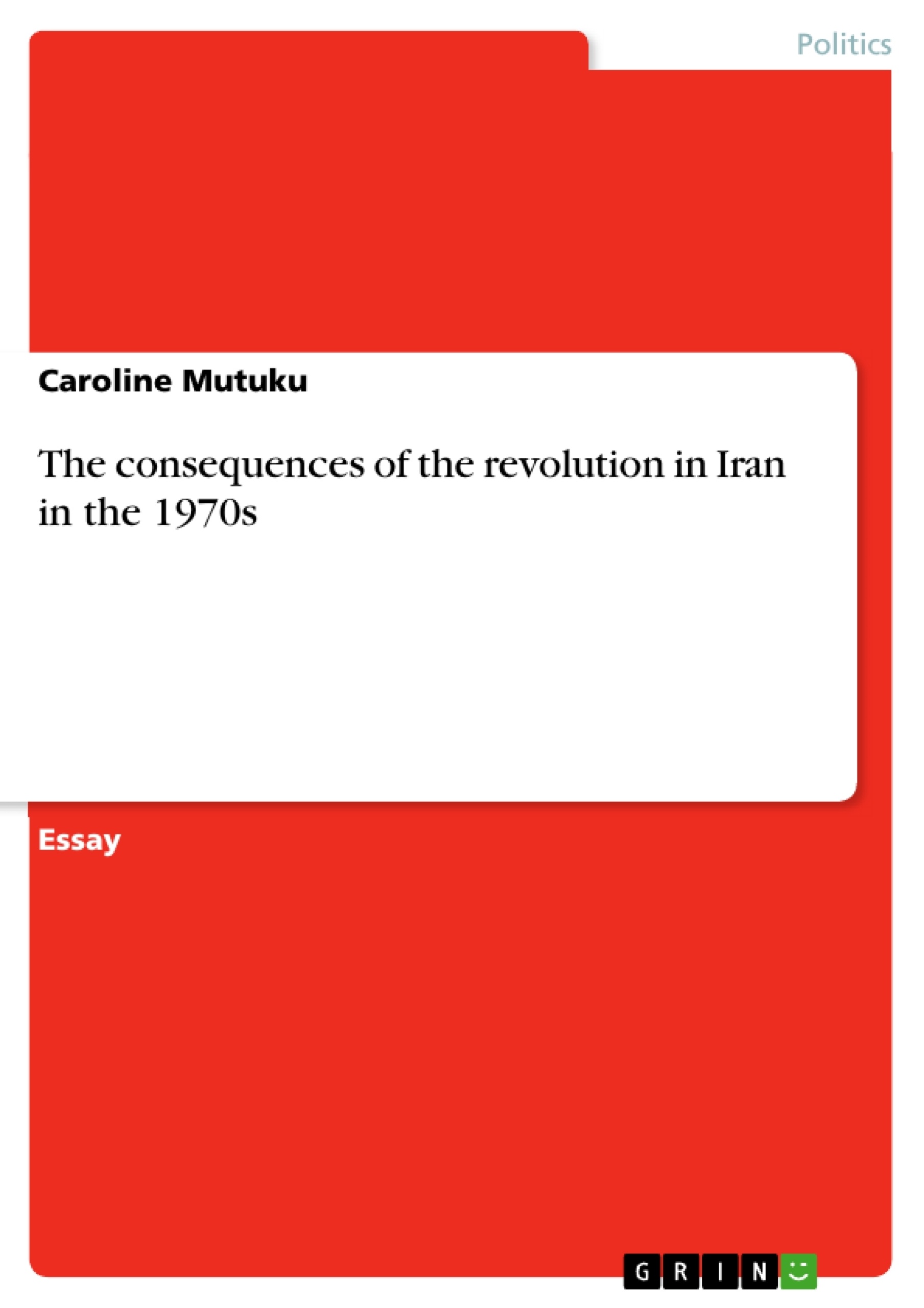Abstract or Introduction
This research will discuss different ways, in which the Islamic Government has turned the country’s social and economic status into unprecedented cascade.
The Iranian revolution of 1979 was believed to be a turning point of the country’s struggle for freedom and economic prosperity. Historically, Iran had experienced a series of power transition, especially during the 19th Century. In the early 19th Century, there was a remarkable power shift, which was characterized by a substantial change of leadership styles and developmental strategies. One of the power transitions, which occurred, in the 19th Century was the siege of the Kajar dynasty by Reza Khan, in 1921. Reza Khan overthrew the Kajar dynasty because; he was dissatisfied with the developmental strategies adopted by the Iranian leader. Moreover, the Iranian political regime exercised unprecedented social injustices, especially under the Islamic law. Therefore, Reza overthrew the Kajar dynasty with the principal objective of igniting economic development and social transformation under the wave of western modernization and civilization.
- Quote paper
- Caroline Mutuku (Author), 2018, The consequences of the revolution in Iran in the 1970s, Munich, GRIN Verlag, https://www.grin.com/document/428837
Publish now - it's free






















Comments